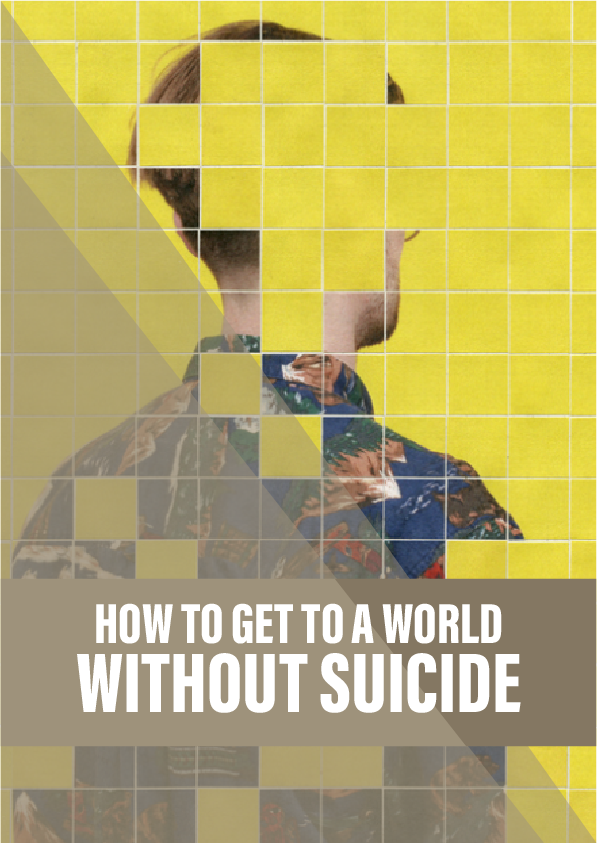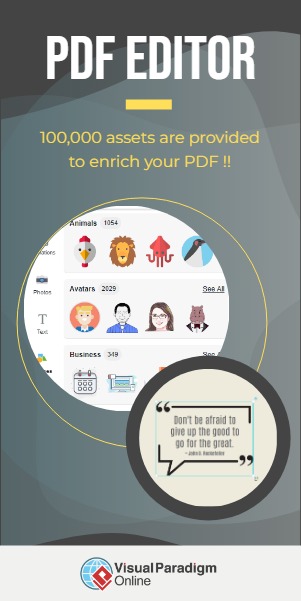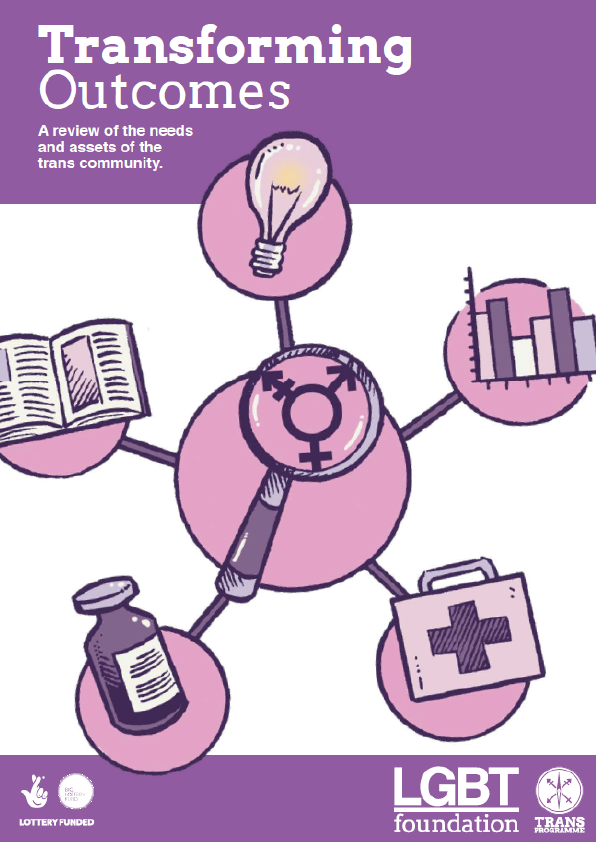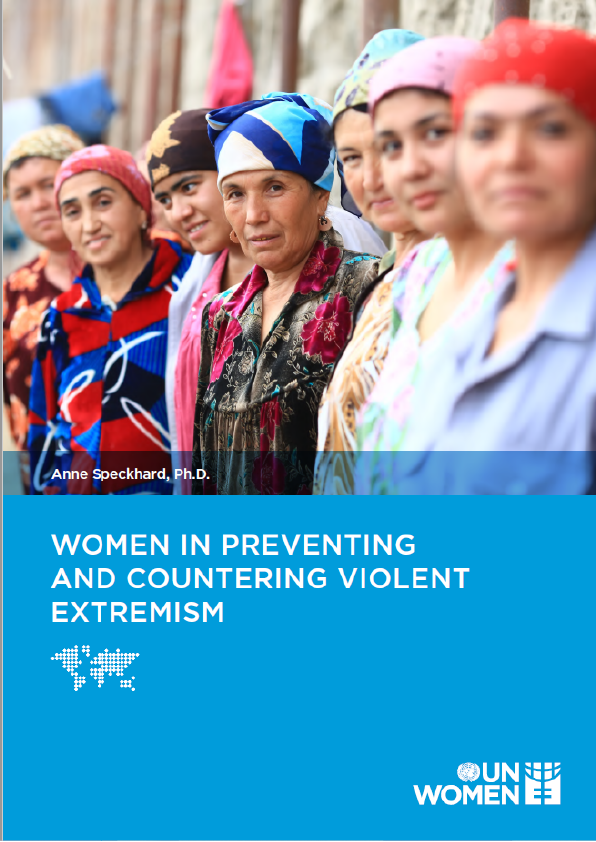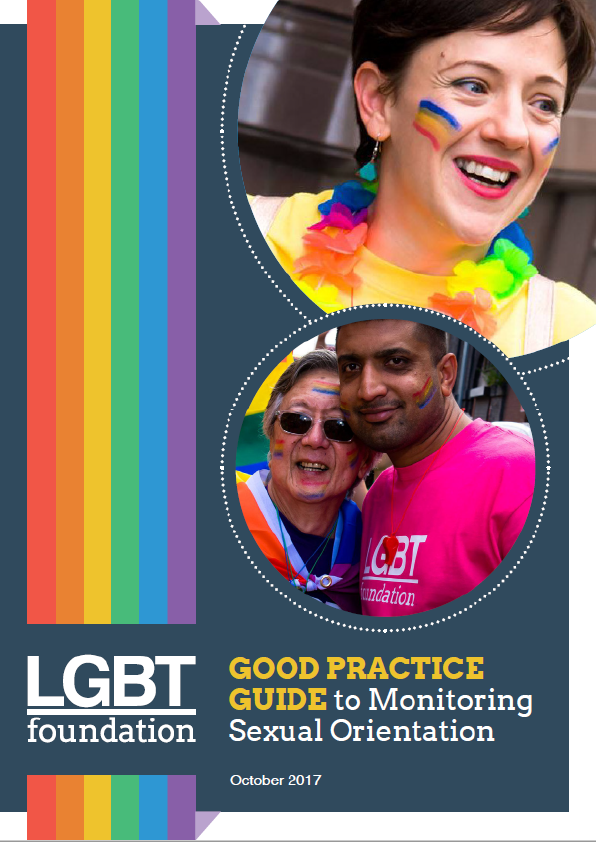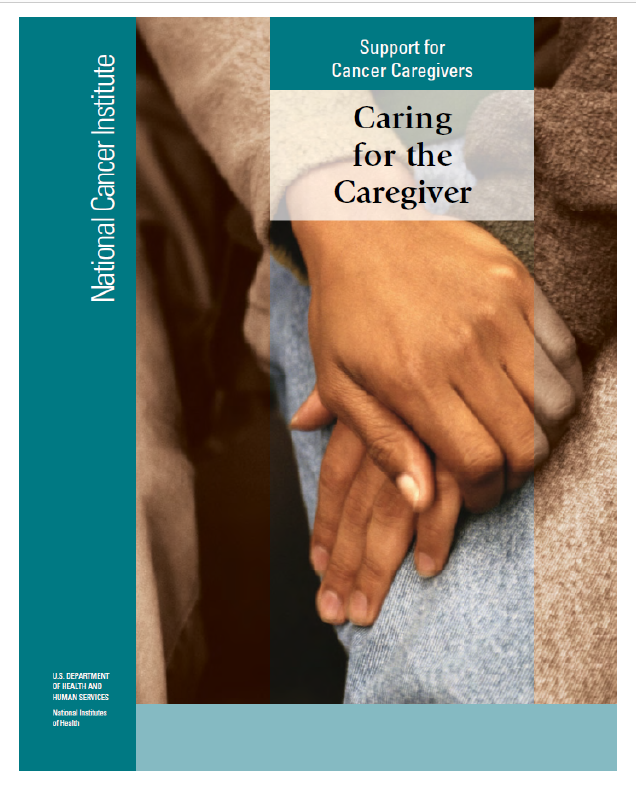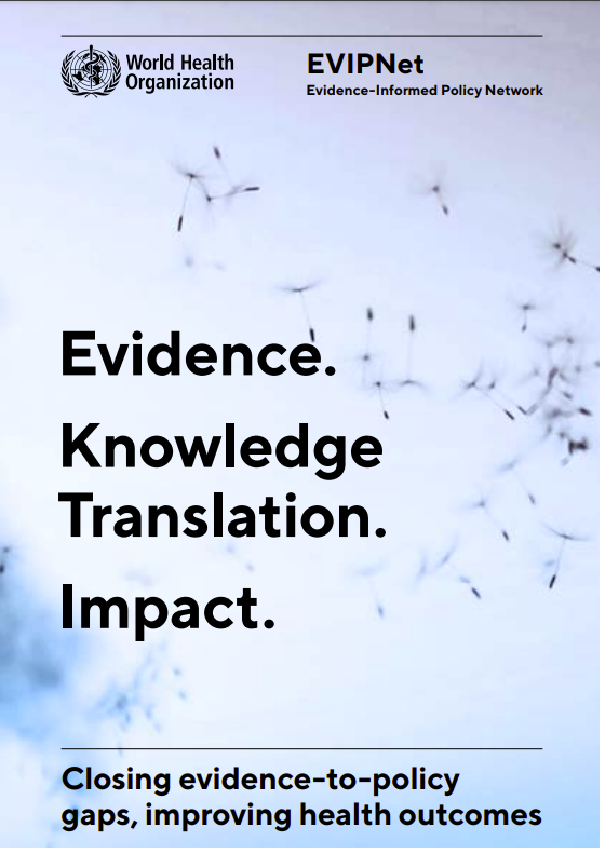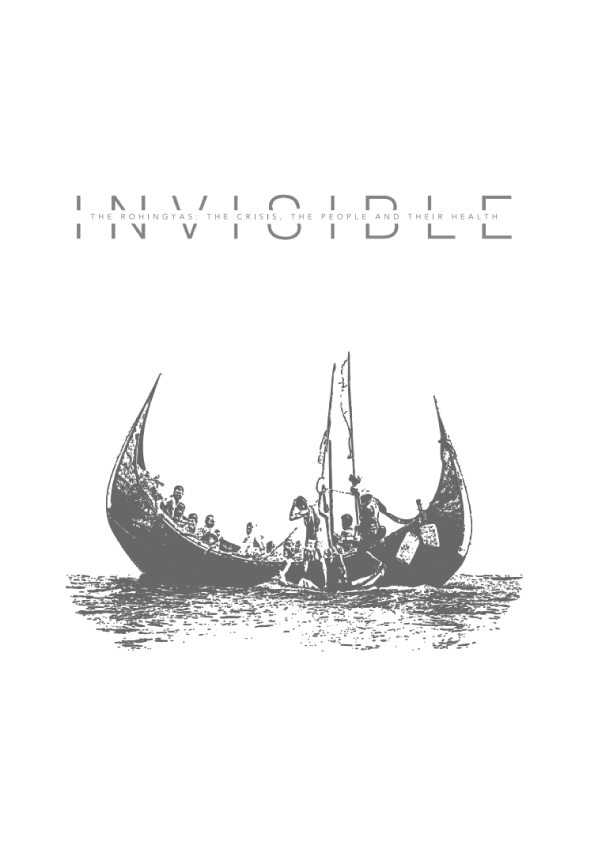After his son’s suicide aged 18, Steve Mallen sees the world differently. Along with a growing number of mental health experts, he wants to reduce the rate of suicide across the world, and is aiming for zero. Simon Usborne finds out more.
Steve Mallen thinks the signs first started to show when his son stopped playing the piano. Edward, then 18, was a gifted musician and had long since passed his Grade 8 exams. Playing had been a passion for most of his life. But as adulthood beckoned, the boy had never been busier. He had won a place to read geography at the University of Cambridge and was revising hard for his A levels. At his school, Edward was head boy and popular among pupils and teachers. His younger brother and sister idolised him.
“We didn’t attach any particular significance to it,” says Mallen of what he saw as merely a musical pause. “I think we just thought, ‘Well, the poor lad’s been at the piano for years and years. He’s so busy…’ But these are the small things – the ripples in the fabric of normal life – that you don’t necessarily notice but which, as I know now, can be very significant.”
Three months after Edward stopped playing, and just two weeks after he handed in an English essay his teacher would later describe as among the best he had read, police knocked at the door of the family home in Meldreth, a village ten miles south of Cambridge. Steve Mallen was at home, alone. “You become painfully aware that something appalling has happened,” he recalls. “You go through the description, they offer commiserations and a booklet, and then they leave. And that’s it. Suddenly you are staring into the most appalling abyss you can ever imagine.”
The next time Mallen heard his son play the piano, the music filled Holy Trinity Parish Church, a mile from the station where Edward caught the train to school every morning, and where he died by suicide on 9 February 2015. Steve says 500 people came to the funeral. Friends had organised a sound system to play a performance of Edward’s filmed on a mobile phone. “My son played the music at his own funeral,” Mallen says as he remembers that day over a mug of tea in a café in central London. “You couldn’t dream this stuff.”
Reference:
- ‘Jumpers’, the New Yorker story about the Golden Gate Bridge by Tad Friend that inspired the documentary The Bridge.
- Thomas Joiner, author of the landmark book Why People Die by Suicide, discusses suicide myths in this NPR podcast (with transcript).
- A Guardian story about The Bridge, the controversial Eric Steel documentary.
- A BBC Magazine article about when suicide was illegal.
- Mersey Care’s Zero Suicide policy. [PDF]
- Ed Coffey on the zero strategy he conceived.
- A Guardian news story about the genetic drivers of suicide risk.
